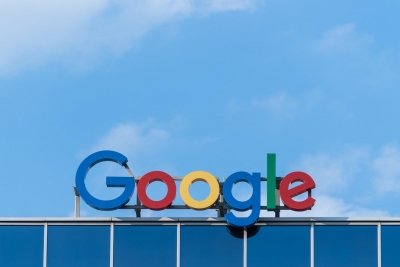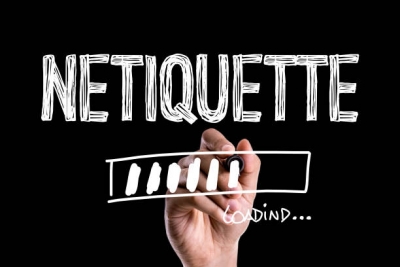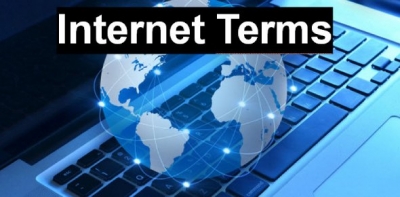Who had the opportunity to purchase Google in 1998 but turned it down?

In 1998, Google co-founders Sergey Brin and Larry Page, PhD students at Stanford University at the time, approached Yahoo! and suggested a partnership. Yahoo! declined supposedly because they didn't want to concentrate on search. Brin and Page went on to incorporate Google as a privately-held company on 4 September 1998. Yahoo! once again had the opportunity to purchase Google for $5bn in 2002. Although the price was high for Yahoo! in relation to its own value at the time, it would prove to be the last chance it had to acquire Google. It didn't. In January 2013, Google announced it had earned $50 billion in annual revenue for the year 2012.
Following the launch of Google X, the debut of Google Glass, and the unveiling of the company’s self-driving car project, the search giant turned its sights on the sciences. In particular, Page was interested in life extension. So the company, through its Google Ventures investment arm, created Calico, a company effectively aimed at curing death. It’s headed up by Bill Maris, the founding partner of Google Ventures, who recruited former Genentech CEO Art Levinson to be its chief executive.
It was yet another signal that Page’s Google was willing to put down huge sums of money toward problems far outside the realm of online search and mobile operating systems. Calico, however, has so far seemingly failed to yield any meaningful advancements in the life sciences, medicine, or biotechnology industries. It is unclear what, if anything, the company is focused on right now.
By the summer of 2015, Google was a remarkably different company than when Page had reassumed his CEO role four years prior. The company was involved in self-driving cars, wearable technology, the Nexus smartphone line, and numerous other product and experimental research efforts spanning artificial intelligence, cloud and quantum computing, and even fiber internet.
While Page and Brin receded from public view starting around 2015, they were reportedly quite active in Google’s famous weekly TGIY all-hands sessions, in which executives would answer questions from employees and address big-picture topics at the company and in the news. One such session, occurring just after Donald Trump was elected president in 2016, was two years later leaked to conservative news outlet Breitbart.
Credit : The Verge
Picture Credit : Google

